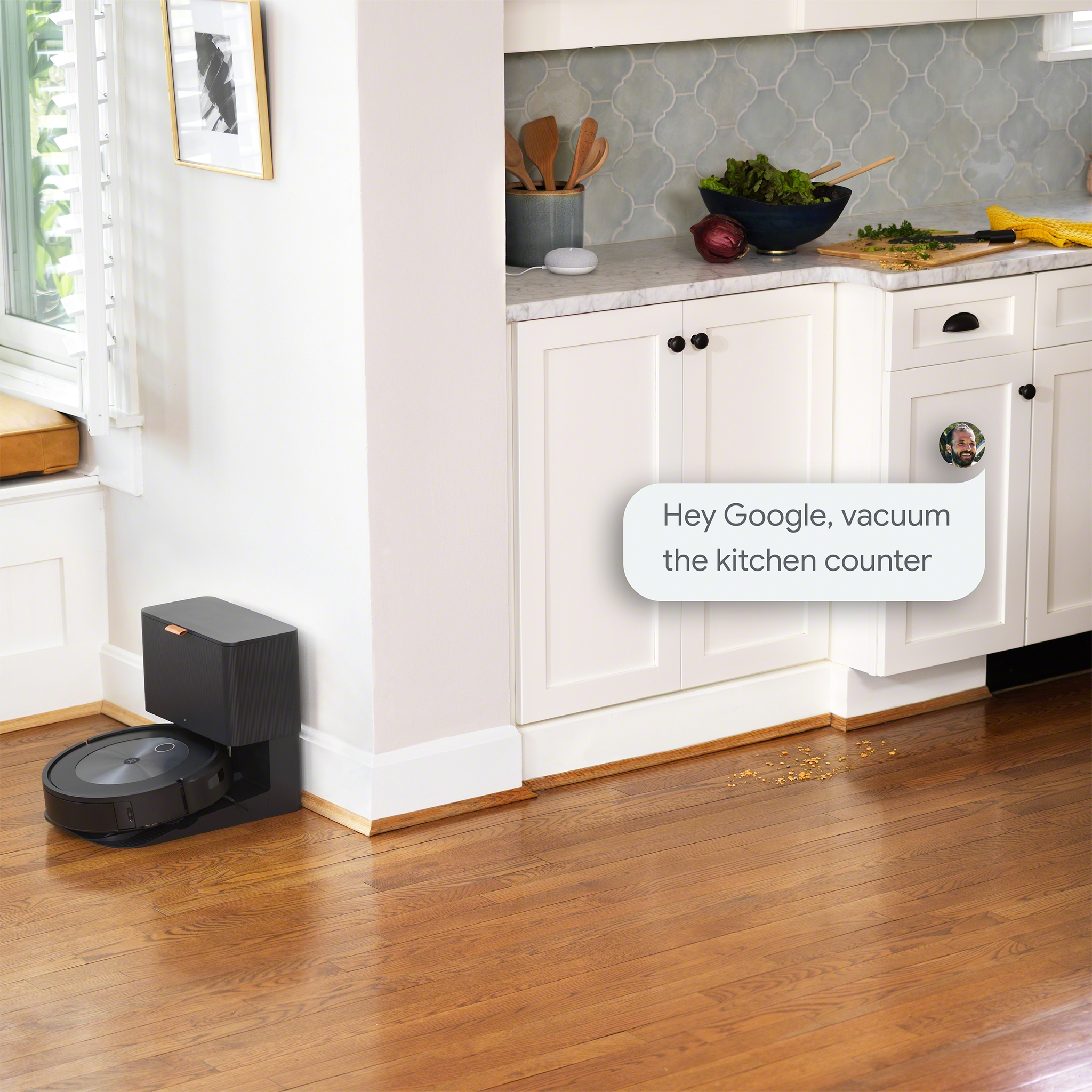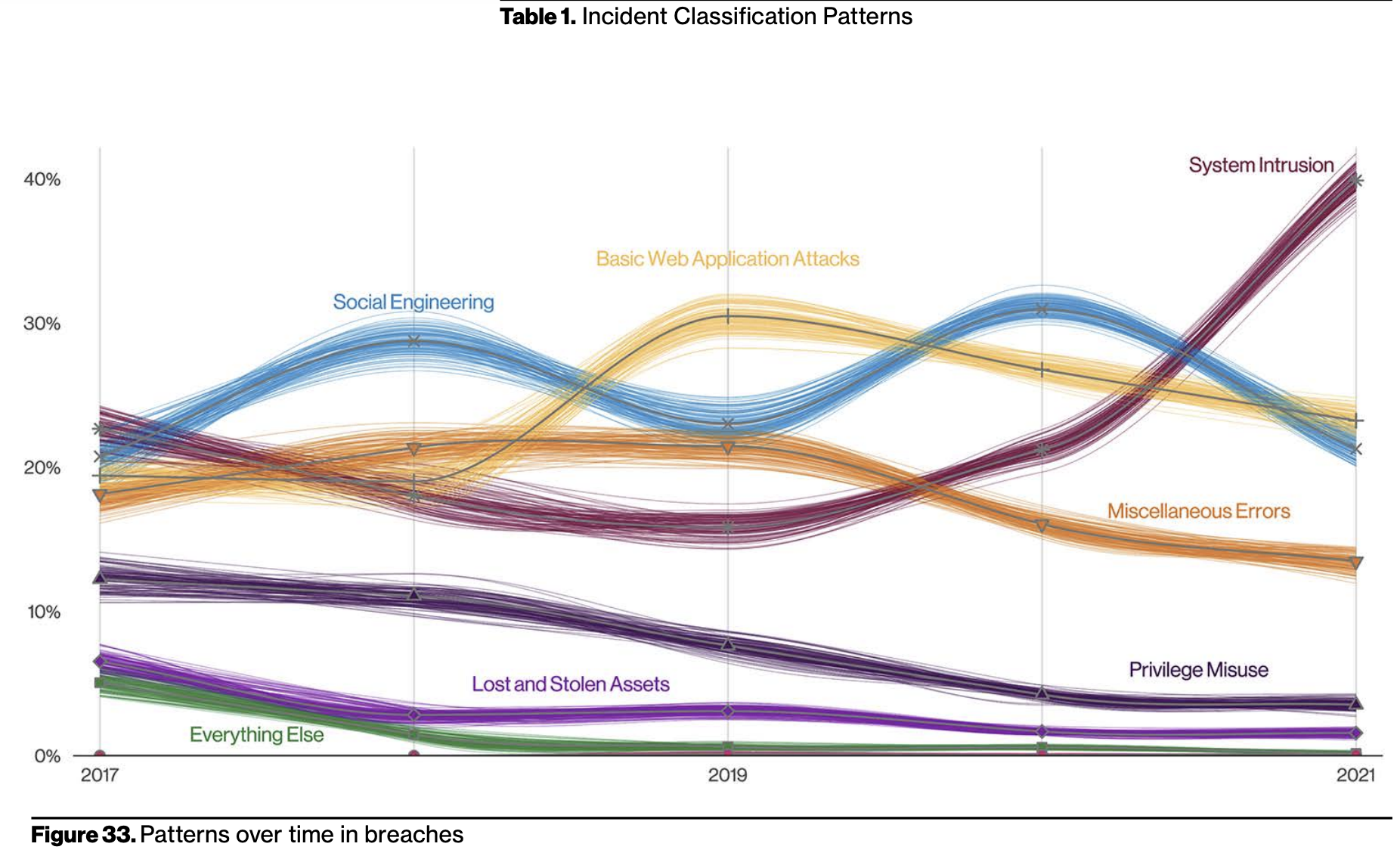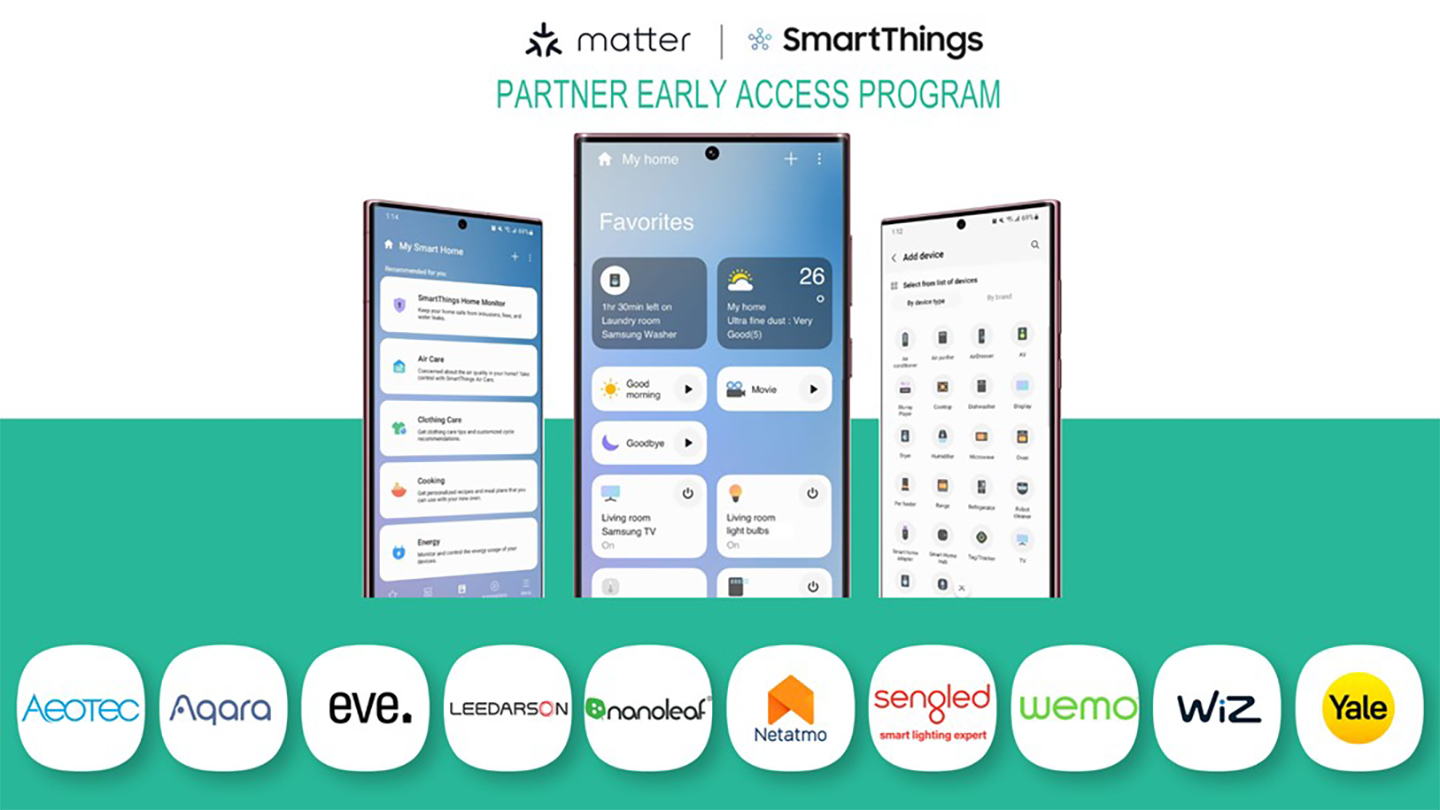This week’s show kicks off with our favorite topic: bringing context into the smart home. This time it’s iRobot and its new operating system that aims to bring the smart home together. From there we discuss a merger between satellite IoT companies and a new idea for building a privacy-centric smart home from the folks at Carnegie Mellon. In more enterprise news, BT wants to stop being a telco and become a “tech-co” with a focus on digital transformation, while a group of chipmakers want to create a consortium to buy Arm. In smaller news bits we’ve got some more unsettling news around John Deere tractors, a smart blinds retrofit from Somfy and the end of Amazon’s Cloud Cam. We’re not mad. Kevin also reviewed Ecobee’s newest and fanciest thermostat and came to a surprising conclusion. In our IoT Podcast Hotline we answer a question from someone who is switching to HomeKit.

Our guest this week is Ron Rock, CEO and co-founder of Microshare.io, who discusses why his company started building pre-packaged IoT solutions and selling the data, as opposed to trying for some horizontal IoT platform. He also talks about the next big use cases for enterprise IoT after COVID. First up is figuring out how to best use corporate real estate in a hybrid work environment and how to rightsize corporate real estate holdings post-pandemic. His third use case is my favorite. He talks about why ESG (Environmental, Social and Governance) demands are driving companies to adopt IoT solutions across a wide variety of use cases and industries. We end with a bit of conversation about new building standards and how he expects those standards to develop in the next three to five years. It’s a fun show.
Host: Stacey Higginbotham and Kevin Tofel
Guest: Ron Rock, CEO and co-founder of Microshare.io
Sponsors: LoRaWAN World Expo and InfluxData
- Why iRobot could turn the smart home into a robot
- The IoT satellite consolidation is here
- Who should buy Arm? Everyone.
- COVID drove enterprise IoT spending, but what’s next?
- All your pre-2020 occupancy data is worthless now
Podcast: Play in new window | Download | Embed
Subscribe: RSS


